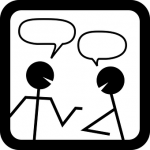Depression/ Low Mood

Information
Here you’ll find answers to some common questions concerning depression/low mood
Select the underlined questions below to see more.
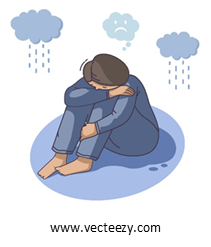 Most people will feel sad or low at some point in their lives, especially after experiencing something difficult or stressful. For example, lots of people will feel very sad after the death of a loved one or if their parents have separated. They might not want to go to school, see their friends or engage in their hobbies as they feel overwhelmed by big emotions.
Most people will feel sad or low at some point in their lives, especially after experiencing something difficult or stressful. For example, lots of people will feel very sad after the death of a loved one or if their parents have separated. They might not want to go to school, see their friends or engage in their hobbies as they feel overwhelmed by big emotions.
Usually, people will start to feel a little better after some time has passed and they may feel able to do the things they used to enjoy again. However, for some people, these feelings of sadness can last quite a long time. Sometimes these long periods of sadness can happen after a difficult experience, but sometimes the sadness might have no clear reason or explanation at all. This long period of sadness is what people refer to as ‘depression’. Anybody can experience depression – adults, children, boys or girls.
When someone is experiencing depression, they might notice that they feel sad and low most of the time. They might feel hopeless about the future, like they will never feel happy or feel like ‘themselves’ again. They might also notice no longer finding pleasure in activities that they used to enjoy, such as exercise, reading, seeing friends or watching TV. They might want to avoid doing things, or seeing people, and they might want to hide away and isolate themselves.
People experiencing depression might also notice some physical change, for example struggle to sleep at night and will feel very tired and demotivated most days. There might also be changes in their appetite, such as not feeling as hungry as usual and losing weight without trying to.
Depression can also affect concentration, attention and memory, so it might feel tricky to focus at school or to complete tasks that used to feel easy. It can also cause people to feel more frustrated or irritable than usual – this might be falling out with friends or family over small things.
In some cases people experiencing depression might also notice that they are having increased thoughts of hurting themselves or not wanting to be here anymore. It is important to share these thoughts with someone trustworthy who can offer support.
Depression can be triggered by different things…
Usually, depression can be caused by difficult or upsetting events, such as the death of a loved one, parents separating, bullying or family difficulties. A big change can also be a trigger such as moving to a new school or town, as it can be tricky to adjust to a new routine, unfamiliar places and making new friends.
If someone has a physical health condition or a disability, this can also make them feel sad or low, as they might struggle with feeling ‘different’ or they might struggle with pain or uncomfortable side effects of medication.
Sometimes, people can be more likely to develop depression if they have someone in their family who has already experienced depression, i.e. their parents or siblings.
How we cope with stress and anxiety can also make us more at risk of developing depression. For example, some people might rely on alcohol or substances to make themselves feel better when they are experiencing stress or anxiety. However, alcohol and substances can negatively affect our mood and might make us feel lower over time, instead of better.
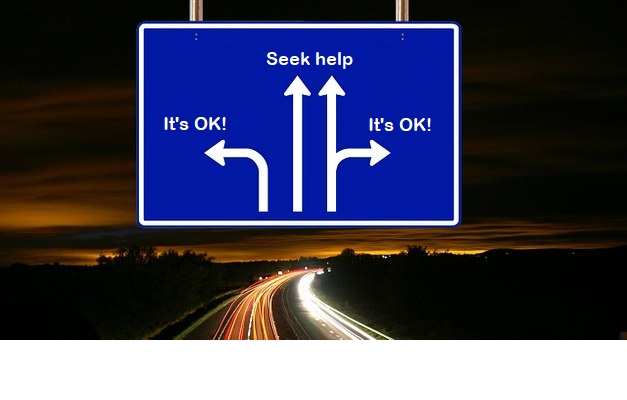
Coping with
There are lots of coping strategies that can be helpful for managing depression and low mood. Click on the boxes to view different coping strategies.
Click on the buttons below to find techniques may help you cope.
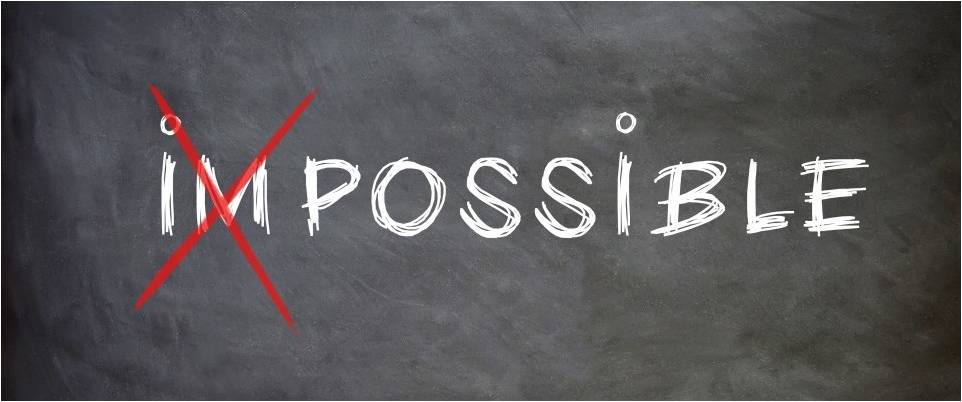
Finding help
Who can I talk to?
- Friends
- Family
- Someone you trust at school
- Youth worker
- Health professional (GP; Counsellor Nurse)
- Charities and Helplines
Select the underlined topics below to view what resources are available.
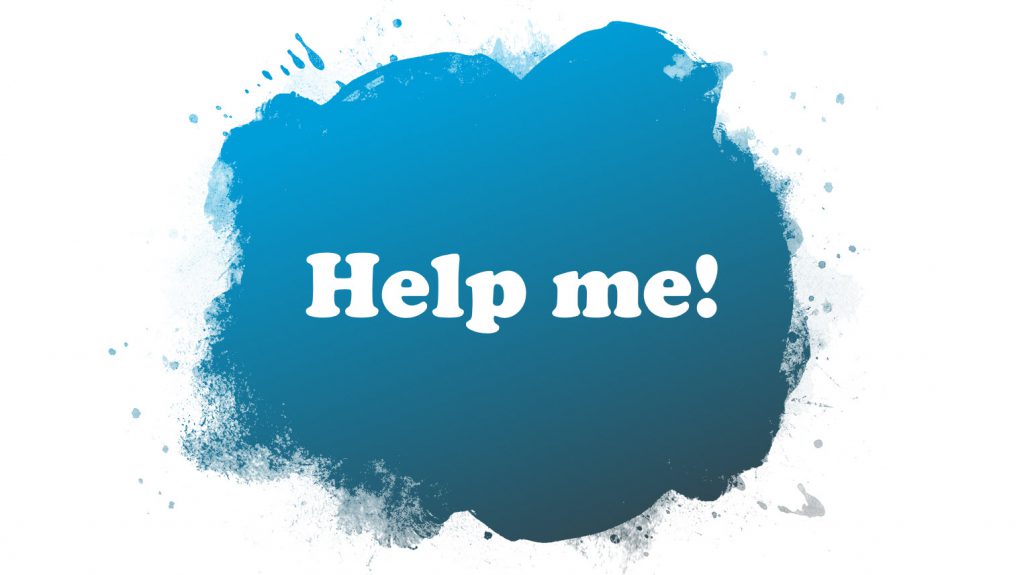
Getting more help
If you haven’t already found the help you’re looking for, you can find additional information and services which are more interactive here.
You can also make a referral to Mental Health Services by completing the online referral form
Select the underlined topics below to view what resources are available.
…in and around North Staffordshire
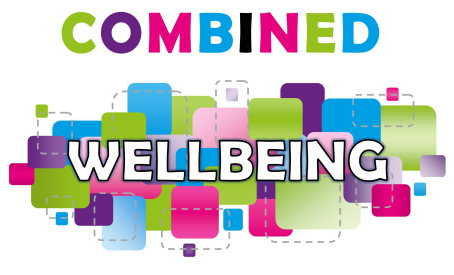


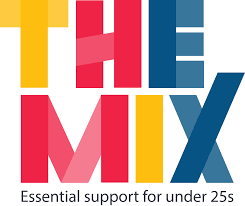

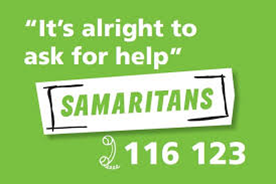


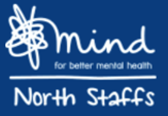

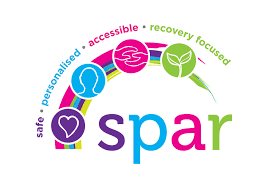
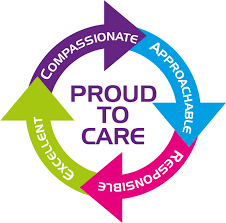



 Have a chat with someone you feel comfortable and safe with. This might be a parent, school teacher, friend or other family member.
Have a chat with someone you feel comfortable and safe with. This might be a parent, school teacher, friend or other family member. Research has shown that doing more of what you enjoy is a great way to improve your mood.
Research has shown that doing more of what you enjoy is a great way to improve your mood.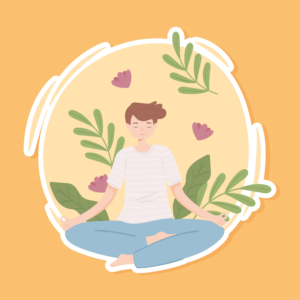 The 54321 mindfulness strategy is a good one to try when you notice the negative thoughts starting to build.
The 54321 mindfulness strategy is a good one to try when you notice the negative thoughts starting to build. A mood diary should include the following:
A mood diary should include the following: